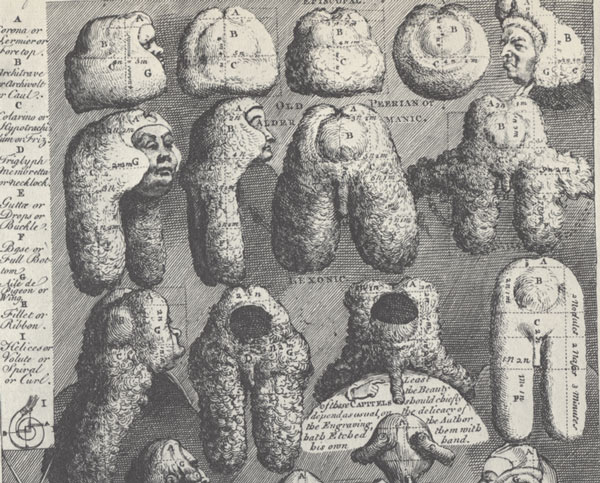This page describes the role of the wigmaker in colonial America.
|
Remove ad
Related activitiesAdvertisement Remove ad
Upgrade to MrNussbaum Premium to access our entire library of incredible educational resources and teacher tools in an ad-free environment.
|


